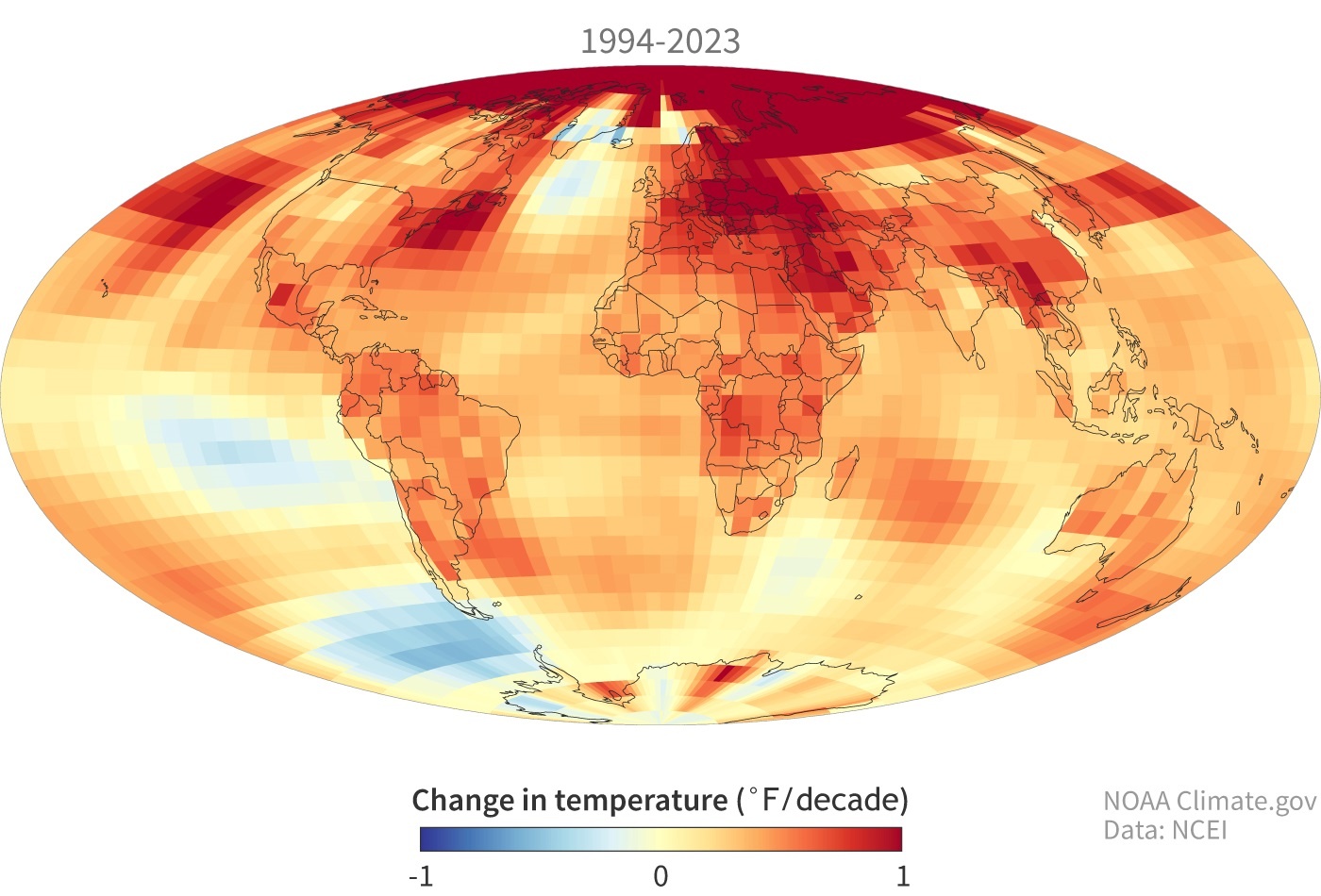Throughout humanity’s history, our energy use has steadily increased, now reaching a point where it’s affecting the climate. Even if we do switch to renewable energy, we’ll continue to generate waste heat that will be put into the environment, continuing to warm our planet. Researchers calculated that if energy use increases by 1% per year, it would make a planet like Earth uninhabitable within 1,000 years. Going to space will be the only way to continue growth.



Renewability just means that the source isn’t depleted (or is depleted slower) as it’s used.
Like fossil fuels, that aren’t being produced, so they’ll eventually run out. But (in theory) trees are able to be planted and grown while other trees are used as a resource. Using either of them as an energy source produces heat that wouldn’t be there with the resources left in place and unused.
Even “carbon neutral” fuel sources that don’t emit greenhouse gasses still produce heat at some point between energy generation and energy usage.
Some energy sources just move heat around (like geothermal), but it moves it faster than the world would be able to balance out if it wasn’t being used to power the civilization that’s using it.
The last time I took a class that discussed this, the professor said that it’s all about waste heat on the simplest level. We burn coal to make electricity, the heat of that heats water that spins turbines, but part of that heat gets released as the water cools. Then, that electricity is used for something like a light, which can only do so much about heat being produced along with the visible light.
It doesn’t matter what you plug in as the fuel source. It can be nuclear, biomass, wind, solar, whatever. At some point along the way, no matter how little heat the electric generation produces, using that power to do work generates heat.
Even in an ideal form of power transmission, the end use is going to at least partially generate heat. Motors will have heat as a byproduct of movement, lights will produce some degree of heat, cooking is done by heat. Everything we do generates more than would be there otherwise, even if we went back to stone tools and a nomadic lifestyle, though at that level, you aren’t producing more than the world can balance out. Just the making of stone tools makes more heat than using nothing but the teeth and claws other animals use.
That doesn’t seem right… A renewable power source turns into heat regardless if it’s used or not.
If you build hydropower for example and generate electricity, that power will certainly turn into heat in the end, but if you don’t build hydro power, the potential energy of that water will just turn into heat sooner.
Same thing with biomass: if you leave the forest alone, trees will go through their natural life cycle, die, biodegrade and turn into heat all the same.
Isn’t this basically the first law of thermodynamics?
also new trees, by dint of being new, have absorbed less carbon, therefore when old trees and burnt and new trees grown, it’s still an increase in carbon footprint